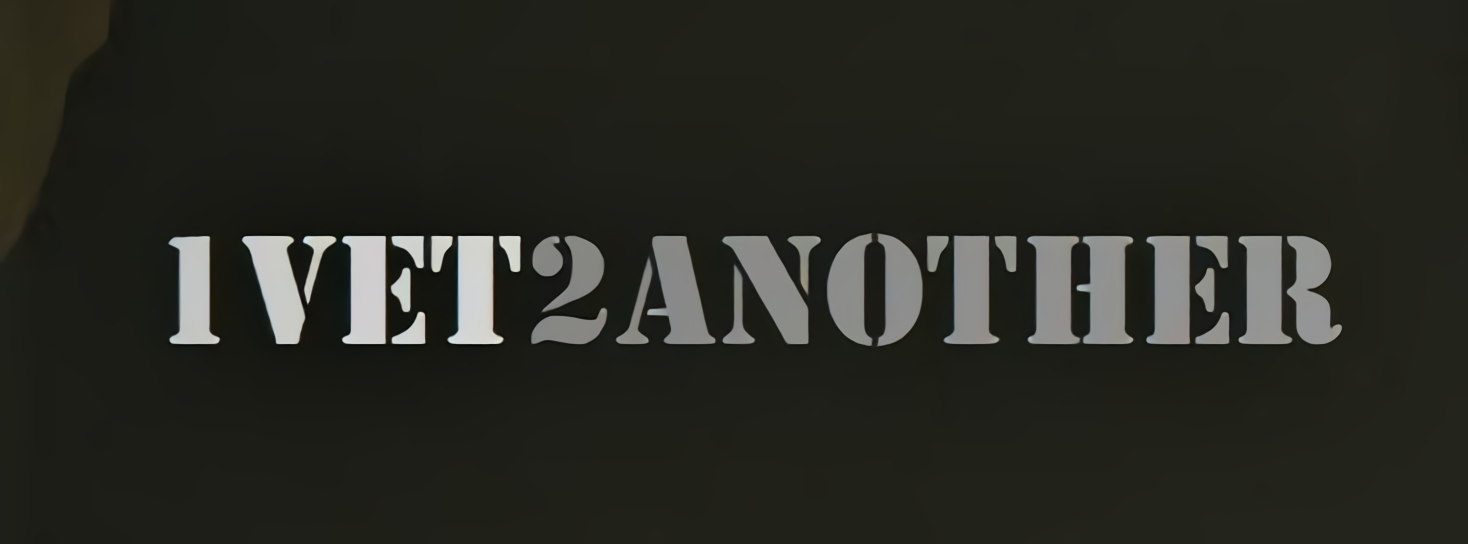1 Vet 2 Another: Informational Interview

Last updated on September 10, 2019
Below is an interview originally intended for Matt Medhat at 1Vet2Another.com – now a Facebook community.
Job Title: Writer
Career Field: IT
Industry: Technology
Military Branch: Army
Military Occupation Specialty (MOS): 25U – Signal Support Systems Specialist
How did your military background help your career so far? (leadership experiences, soft skills, hard skills, etc.) Did it make anything more difficult?
It helped. Smaller units lacking IT (25B), radio (25C), and network (25N) specialists have 25U’s – considered the communications jack-of-all-trades MOS – to maintain and train others on all tech equipment. Every unit I’d been assigned had tactical communications gear specific to its mission that I’d never seen before. Notable examples are the KOI-18 tape reader and KY-116/U Telegraph Key with leg clamp. Just like “NCO’s make it happen,” 25U’s are expected to figure it out. So I found tech manuals, online courses, field service representatives, and time to train myself. As an young Army Leader I learned how leadership skills help regardless of your position in a hierarchy. The additional duties I handled along with IT tasks improved my time management and prioritization skills along with my confidence in learning new skills and roles. Resourcefulness and initiative are essential in the IT industry because tech and best security practices evolve rapidly. There’s also understanding the importance of giving possible solutions when pointing out problems.
What does a typical day consist of in your job role?
A regular day consists of helping others with web hosting issues. Websites, email, Search engine optimization (SEO), and security impact your brand and how much attention you get in our world of information overload. I also produce how-to articles to help others complete these tasks on their own.
How did you find and apply for this job role (career fair, networking contact, online application, etc.)?
I tell job seekers that most of my calls back were from job fairs. I found my job from a Craigslist post.¯\_(ツ)_/¯
What kind of education, training or experiences does your job role require?
You need experience with the Linux command line interface (navigation, DNS, file editing, etc.), web design (particularly WordPress.org), and a passion for open source software. These were easy because I’d been blogging about Linux and open source software on my WordPress site for 2 years.
What advice or steps would you recommend for veterans preparing to enter your career field?
1. Experience. Whatever you want to do in your career, find a way to do it now – like I did with Linux and open source software. Employers want to see that passion, especially when struggling with how you could contribute to their organization by reading your resume.
2. Train. There are many free courses to learn IT skills including Linux, web design, and cybersecurity. Veterans should check out FedVTE, Hire Our Heroes, and Joint Knowledge Online (JKO). Everyone should check out edX.org, Professor Messor, Code Academy, and a11yproject.com.
3. Network. Find communities of practice – Facebook groups, meetups, etc. – related to your passions and contribute. Share links on social media. Send bug reports and feature requests via email, forums, and Github, Launchpad, etc.. Create content reviewing your experiences with tech.
4. Certify. Although the specific position determines a certifications’ worth, the IT industry has been combining roles of many positions for years. Knowledge from certs like CompTIA, Cisco, and Matomo Analytics can come in handy. In cybersecurity, Security + means more than a degree without lengthy experience. Red Hat certs and cPanel University courses would help with web hosting tech support. I recommend doing some research and checking out Institute for Veterans and Military Families Onward to Opportunity (IVMF O2O) for certification assistance.
5. Graduate. Everything above can be achieved during college. I used my web server for school projects and training. I met others with similar passions and sought knowledge from professors beyond the class curriculum. Colleges with a VetSuccess counselor and Student Veterans of America chapter make good transition assistance programs.
What do you enjoy the most about your career field?
IT affects every part of our lives. Like other fields, we need people in IT who are passionate about finding ways for IT to help others. I take pride in my ability to test and report on a technology’s pros and cons to different audiences between the specialists and novice tech users.
What do you like least about your career field?
Many jobs are gradually requiring more additional duties, and therefore more skills, for the same amount of pay. Also, we still don’t prioritize security enough during the development phase of websites and software.
What skills and personal attributes are essential to success in this career field?
Find passion in what you do, expand on those passions, be resourceful, and take initiative.
Is there something you wish you’d known or a skill you wish you’d had starting out in this career field?
I should’ve learned more about continuing education units (CEU’s) to maintain Security + certification. The cert is required for many entry-level cybersecurity positions, and seeking CEU’s would’ve made me more knowledgeable. Certs also help translate military experience to the civilian workforce.
How do most people get into this career field (internships, networking, etc.)? What are common entry-level jobs?
From what I’ve seen, its from a public portfolio of projects showing in-demand skills and actively networking. Which one you should focus on may depend on your career stage and whether you’re a technician or manager. Common entry jobs include various types of user-facing technical support, including mine.
What do you like about your industry?
I can apply things I learned at work in other projects.
How do you see your industry changing in the next 10 years?
Security and free open source software (FOSS) are finally getting more respect. People may think higher of FOSS ten years from now.
Read more at MattMedhat.com.
Tags: military



